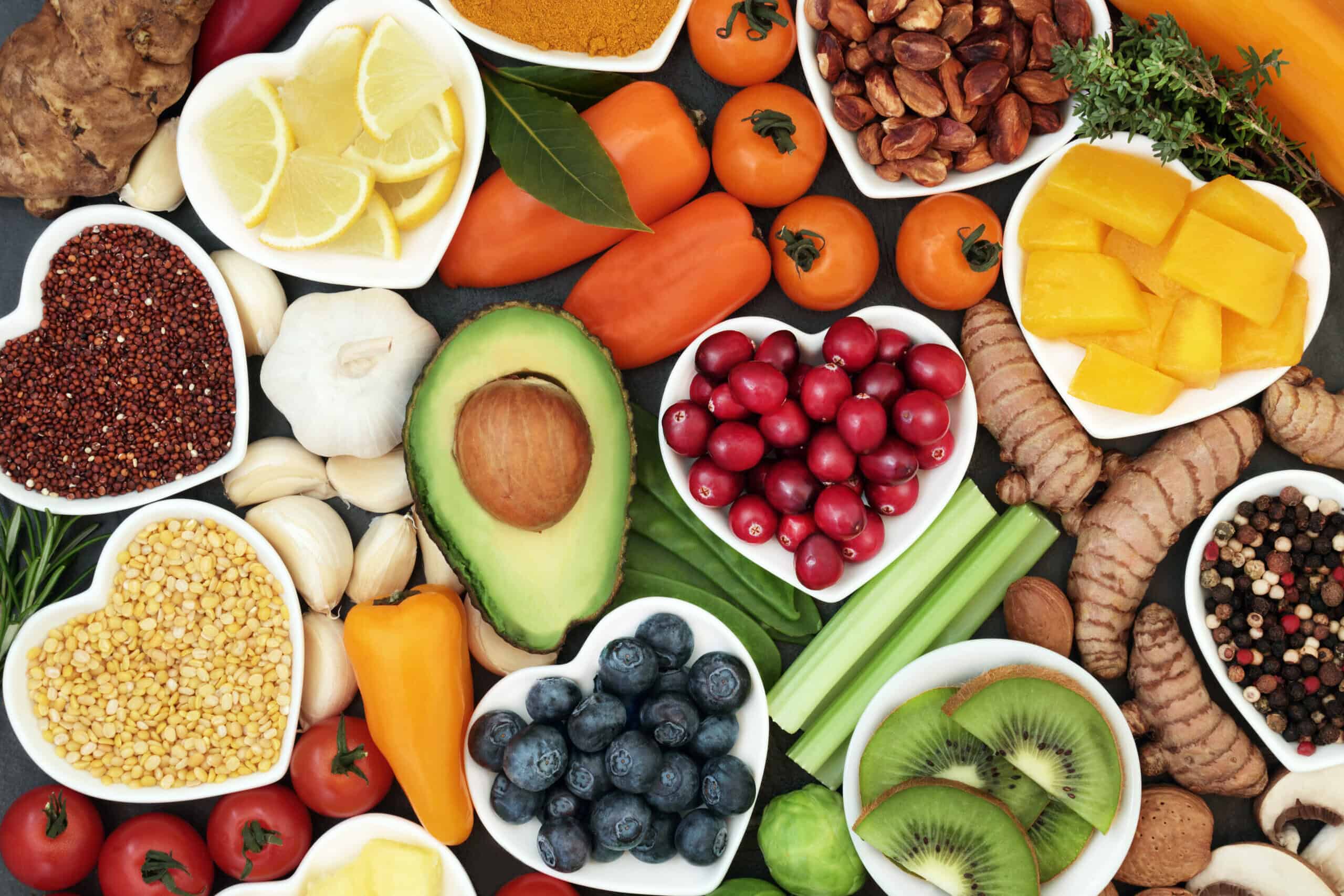Why Can’t I Lose Weight?
There are lots of myths about weight gain, weight loss and dieting. And one of the most damaging is that it’s all about willpower. “If only I had a stronger willpower”, people say to themselves, “I would eat more healthily and become slim again. I try and try, but nothing seems to work. Why can’t I lose weight?”
The answer is: you can. But to succeed, you need to understand why conventional diets so often end in failure.
Why can’t I lose weight?
At the heart of weight gain is the hormone, insulin.
When you eat food, sugar is released to your blood stream, which triggers your pancreas to respond by releasing insulin. Insulin’s main job is to regulate your blood sugar levels to ensure they are at a safe level (not too high, or too low). Insulin does this by helping energy-hungry cells, such as those in your muscles and your brain, to take up the sugar.
This process works well if you lead an active lifestyle, as your muscles mop up and use any excess glucose that you eat before your blood sugars get too high.
However, if you are constantly snacking and not active enough to burn off the calories, your body will have to produce more and more insulin to help keep your blood sugars in the normal range. However, over-exposure to insulin causes the body’s insulin receptors to become less responsive over time, needing a higher dose to achieve the same results. In other words, you develop insulin resistance.
So, Western diets, especially those that involve lots of snacking, little activity and lots of easily digestible carbohydrates, often lead to insulin resistance. The trouble is that insulin resistance leads to a variety of health problems and it also makes it extremely difficult for people to lose weight.
OK, so a Western lifestyle makes people insulin resistant. But why can’t I lose weight? How does this make me eat too much?
Insulin’s job is to regulate your blood sugar levels after you have eaten food. It should push the sugar from your food into your cells and particularly into your muscles to be burnt as fuel. But eventually, if you become “insulin resistant”, your muscles find it hard to absorb these calories so instead they get dumped into your fat cells.
The trouble is that along with insulin resistance, your feedback hormones, telling you that you are full and that you are no longer hungry, get out of kilter. So your body still craves fuel and you will start feeling hungry again. So you eat, again. Many of the calories you absorb get diverted into your fat cells. You get fatter but still stay hungry.
During this process, your fat cells will become inflamed, as your body is trying to cram more and more energy into them. At some point you exceed your “personal fat” threshold. There is no space left to store fat internally, so it starts to overflow into your internal organs, such as your pancreas and liver. This type of fat is called visceral fat and leads to all types of health problems such as metabolic syndrome, and it will start to interfere with your body’s ability to produce insulin (which can lead to diabetes).
This sounds like a vicious spiral. But why can’t I lose weight using willpower alone, to break it?
As we have seen, if you are already insulin resistant, losing weight can feel difficult.
So, to make it easier to lose weight, restoring insulin sensitivity is going to be key.
Join our email community
Learn more about The Fast 800 approach to healthy living by receiving our free content, health tips and recipes as well as exclusive offers, delivered straight to your inbox.
So to lose weight, I have to increase my insulin sensitivity?
Correct! Once you do this, your appetite will reduce and you will find it not only easier to lose weight but to keep it off.
Conventional diets often fail to achieve this because they do not target insulin resistance. To increase your insulin sensitivity, you have to deploy a whole-lifestyle approach which will help reset your metabolism.

Put simply: eat less, eat right, and move more.
Try intermittent fasting
When you run out of glucose, you start burning fat. Intermittent fasting, either using a 5:2 approach or through Time-Restricted Eating, is a healthy and safe way to “flip the metabolic switch”, allowing your body to undergo fat-burning, or ketosis.
The fat-burning state helps your insulin receptors to recover responsiveness. This is partly because abdominal fat is especially sensitive to noradrenaline, which the body releases during ketosis.
Eat right
By keeping away from sugar-laden, high-calorie, processed foods, your body will get a break from constant insulin exposure. Instead, follow a Mediterranean-style diet, based on fresh ingredients, with plenty of healthy fats to keep you feeling fuller for longer between meals.
Move more
Have you noticed that after working out, you very rarely crave really unhealthy food? This is because exercise produces an immediate boost in muscle cell insulin response. Exercise regularly, and also take time to build incidental exercise into your day.
To lose weight, you need to tame your appetite. To do this, you need to restore your insulin response. Instead of asking “why can’t I lose weight?”, you’ll be asking – “why did I never try this before?”









